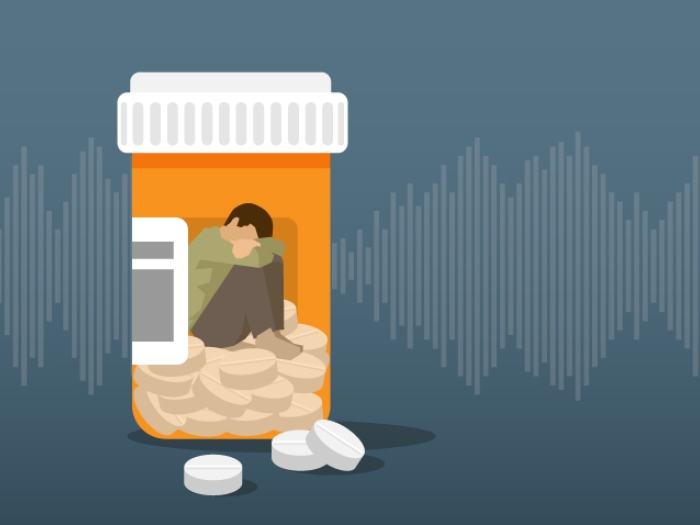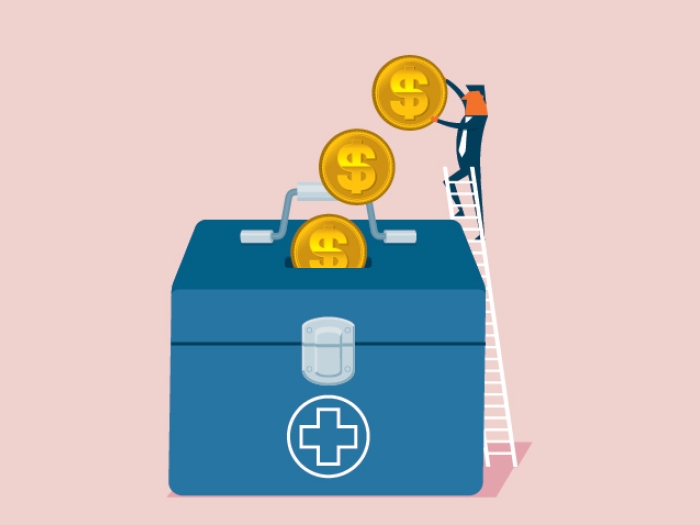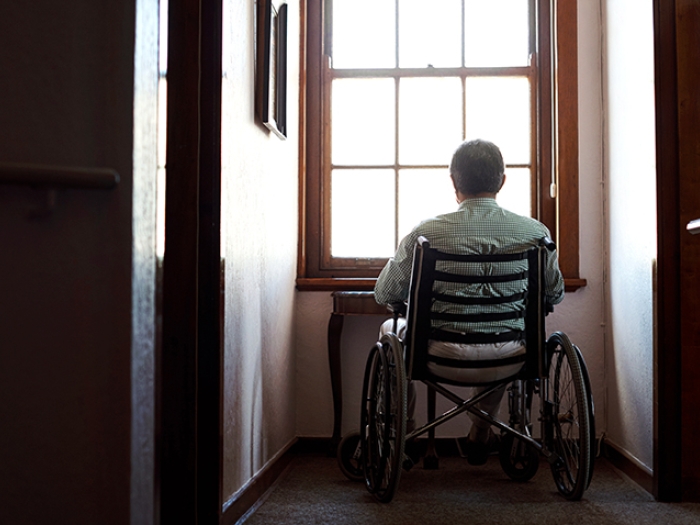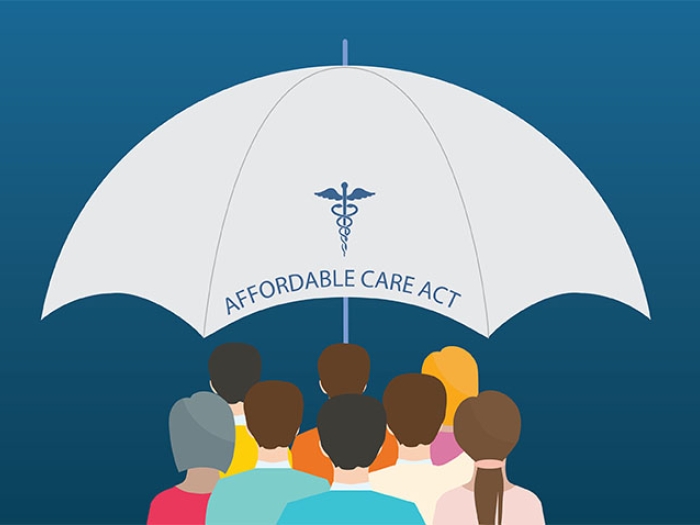Research and Policy Media Relations Manager
Gavin draws on more than 25 years of experience in communicating about science, medicine and health policy. She focuses mainly on the health services research done by members of the U-M Institute for Healthcare Policy and Innovation, who work to understand and improve the safety, quality, equity and affordability of health care. As part of the Michigan Medicine communication team, she has lead responsibility for primary care and mental health topics. Contact: [email protected]; Twitter: @Karag


Health Lab
Two-thirds of all pet owners say that having an animal helps them stay physically active. But for some older adults, time commitment, cost and allergies stand in the way of pet ownership.
News Release
Every year, basketball fans rally around their favorite college teams in the March Madness tournament. But medical science has its own version, and a University of Michigan reseach team has made it all the way to the finals.

Health Lab
National study shows prescription opioid use disorder is twice as high among deaf and hard-of-hearing young and middle-aged adults, compared with hearing peers

Health Lab
Randomized trial shows inexpensive supplies doubled safe disposal of opioid pain medicines by six weeks after surgery, but didn’t ensure it happened
News Release
Today at noon, 157 University of Michigan medical students ripped open envelopes, and instantly knew where they’ll spend the next three to seven years of their lives.
News Release
Consumers are increasingly turning to wearable devices to learn more about everything from their heart rate to sleep quality. Yet, the question remains: what can all of this data tell us about people’s overall health?

Health Lab
With their general medical training, and their special focus on the needs of hospitalized patients, hospitalist physicians play a key role in many hospitals.

Health Lab
Few people with HDHPs proactively ask about or search for lower-cost care. This suggests opportunity for insurers, employers and health care providers to help.

Health Lab
Survey of older adults finds physical & mental health issues, hearing problems, and poor diet, exercise and sleep habits are tied to loneliness

Health Lab
Experts call for regulations to strike a balance between personal privacy rights and the potential for “big data” research to improve patient care and fuel innovation.

Health Lab
U-M researchers show more adults with diabetes covered after ACA provisions for pre-existing conditions and older adults began.

Health Lab
The 1918-1919 flu pandemic killed millions. What can it teach us about preventing the spread of infections today?

Health Lab
A new study suggests long-term impacts of an approach that encourages involvement of caring adults in the lives of at-risk adolescents.

Health Lab
Targeting fluoroquinolone prescribing in hospitals is effective, a 48-hospital study shows, but many patients still get discharge prescriptions for them.
News Release
A gift from University of Michigan alumni Susan and Paul Meister will expand the university’s impact on children’s health research.